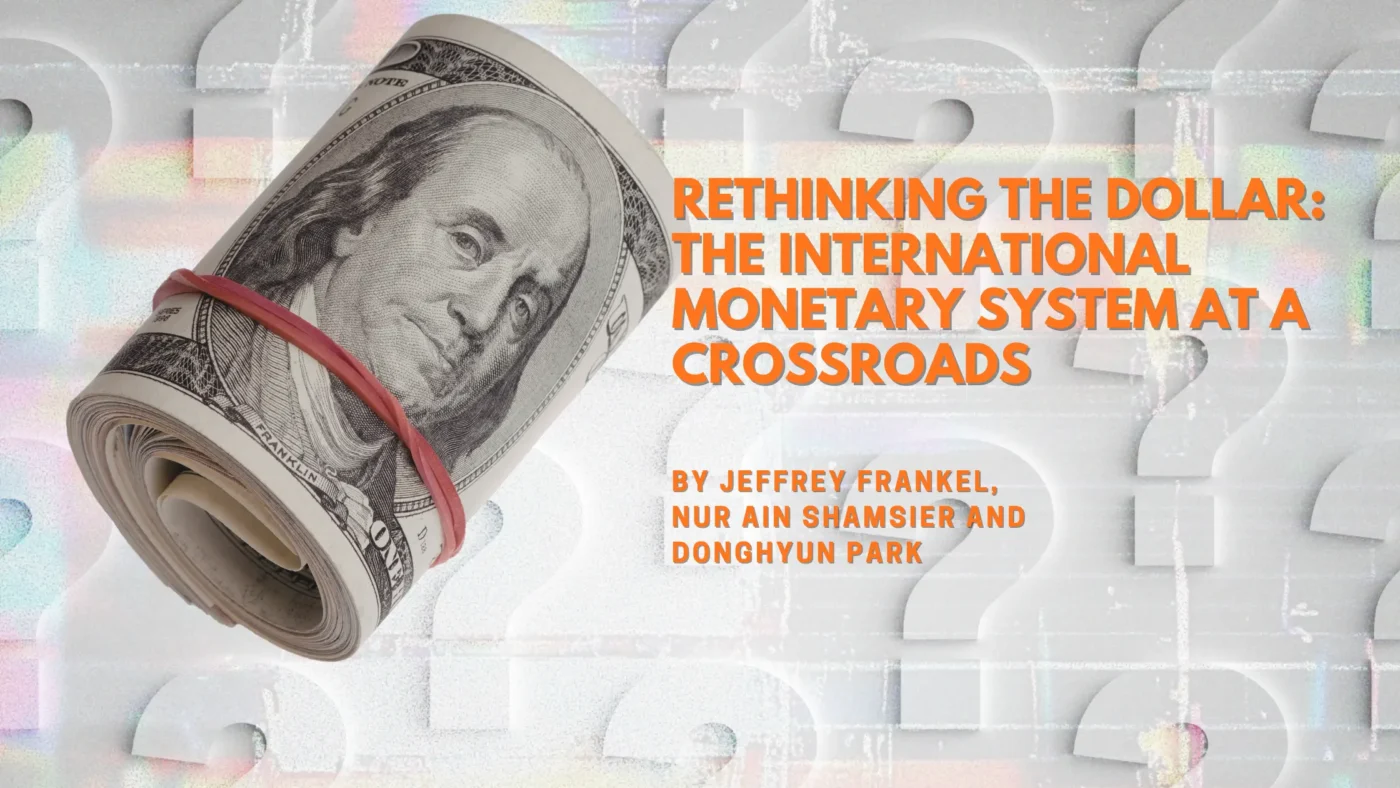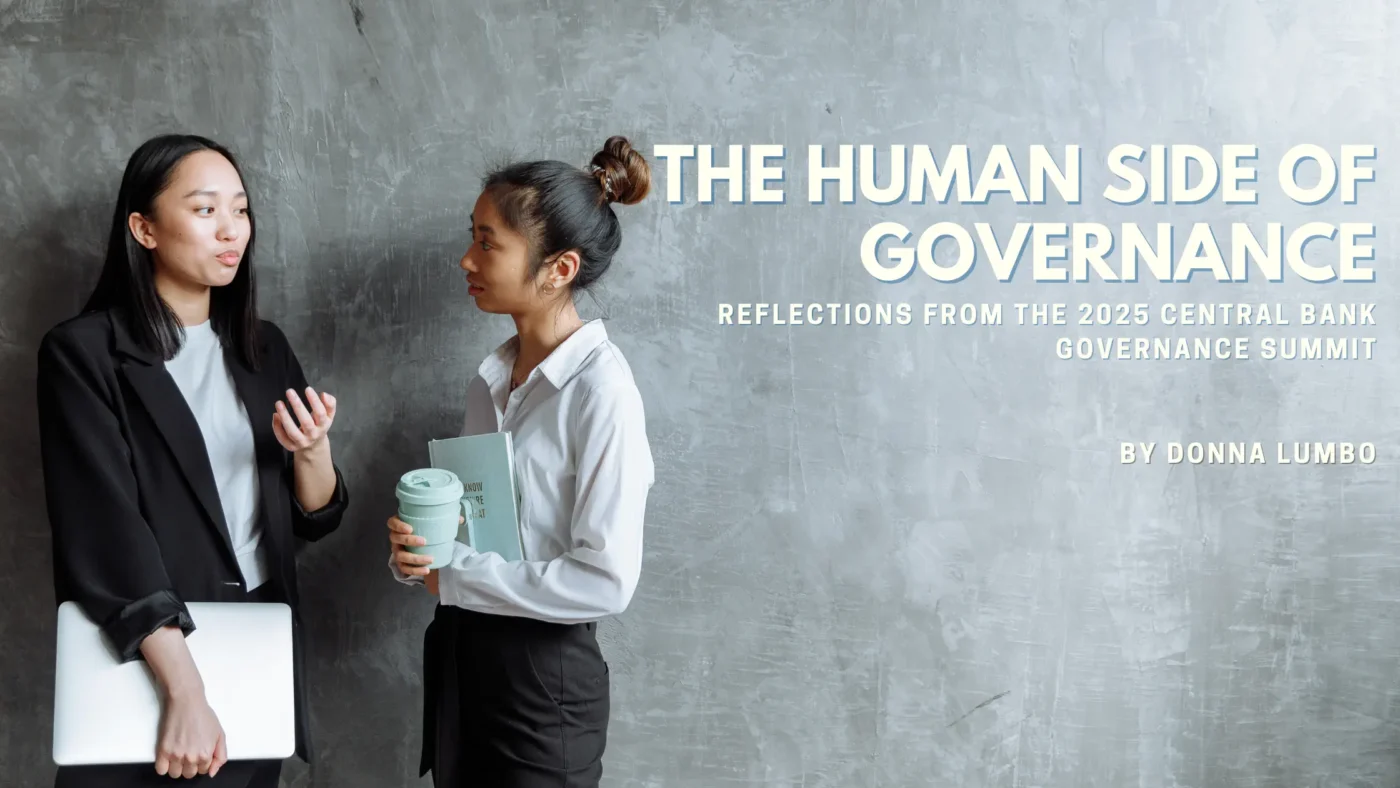This blog is based on a presentation made by Hanno Lustig at the SEACEN Policy Summit on 5-6 February 2026. For much of the postwar era, the supremacy of the U.S. dollar has been treated as a permanent feature of the international monetary system. However, recent shifts in global finance suggest that we are entering […]
This blog is based on a presentation made by Jeffrey Frankel at the SEACEN Policy Summit 2026: The Future of the International Monetary System and the Role of Asia (5– 6February 2026). The Dollar’s Legacy and Its “Exorbitant Privilege” The U.S. dollar supplanted the British pound as the dominant international currency in the 20th century. […]
Stablecoins have become one of the most debated topics in contemporary financial policymaking, especially following the enactment of the GENIUS Act in the United States. Beyond the U.S.—and outside monetary jurisdictions whose exchange rate regimes and monetary policies are closely aligned with the U.S. dollar—policy responses have diverged significantly, ranging from outright bans, as in […]
Emerging market economies often face acute challenges in the wake of sudden bouts of market volatility triggered by sharp capital outflows. Managing such turbulence—particularly when macroeconomic fundamentals offer limited support—requires a calibrated mix of conventional and unconventional policy responses. There is rarely a textbook solution to crises of this nature; central banks must deploy all available instruments with agility, while maintaining credible and consistent communication to anchor expectations.
Why bank–insurance linkages matter more than ever? The global financial system no longer operates in silos. Over the past two decades, a significant convergence has occurred: banks have expanded into insurance and asset management, while insurers have deepened their presence in capital markets through corporate bonds, private equity, derivatives, and structured products (Bernardi & Petrella, […]
Reflections on Leadership Strengths, Signals and the SEACEN Leadership Competency Framework “If your actions inspire others to dream more, learn more, do more, and become more, you are a leader ” – John Quincy Adams This quote aligns with Liz Wiseman’s views around Multiplier leaders.[1] Multiplier leaders are those who use their intelligence to amplify […]
Background The financial system has undergone a significant transformation in recent years, driven by rapid advancements in cloud computing, artificial intelligence (AI), and other emerging technologies for payments. These have had a profound impact on how banks do business, people interact with banks, and customers make payments for goods and services. Advancements in digital technology […]
1. Introduction: Why Fiscal Multipliers Matter for Central Banks? As of September 2025, global public debt soared to $251 trillion, roughly 235% of world GDP (IMF, 2025). Across Asia, governments are under pressure to tighten their budgets to ensure debt sustainability. However, for central banks charged with safeguarding economic and price stability, how those fiscal […]
1. Introduction The digitalization, the rise of crypto-assets and the advancement of technologies, such as distributed ledger technologies, have fuelled an unprecedented wave of innovations in payments and spurred many Central Bank Digital Currencies (CBDCs) projects over the past decade[1]. Central banks worldwide have been actively exploring solutions to preserve financial stability and safeguard monetary […]
How can central banks strengthen governance not only through systems and policies but through the people who make them work? This question was tackled by senior leaders of Human Capital, Legal, Risk and Strategic Planning functions at the 2025 Governance Summit, aptly themed: “Harmonizing the People Agenda with Central Bank Governance”. This Summit, organized by […]










